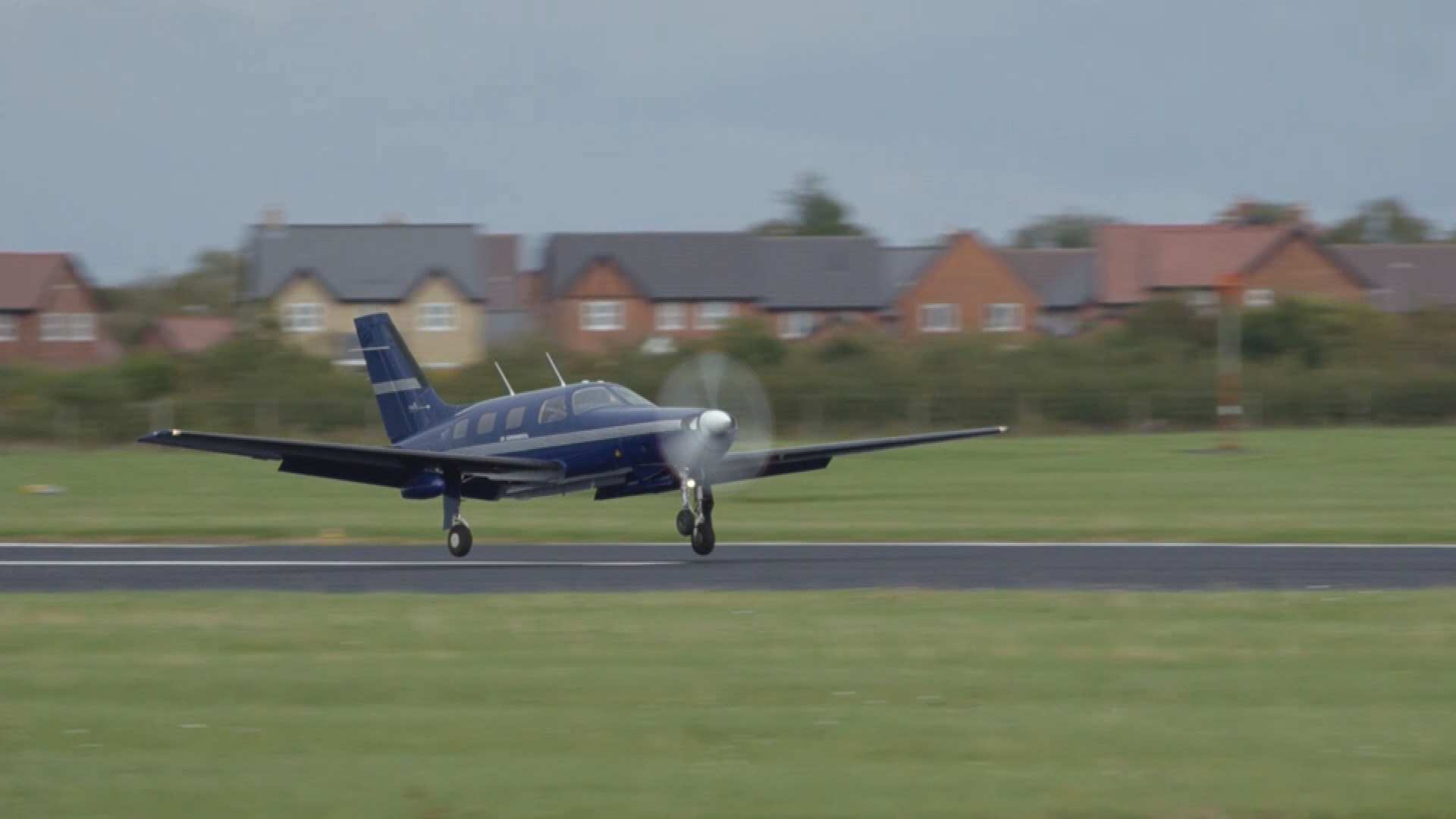Earlier this year Cranfield’s Professor Iain Gray CBE was been appointed to the Jet Zero Council, a joint initiative between the Department for Transport and the Department of Business, Energy and Industrial Strategy. Through its global research airport, Cranfield is playing a leading role in developing the UK’s capabilities, with the goal of having a transatlantic zero carbon flight within a generation.
Professor Iain Gray said:
“At Cranfield University, through our global research airport, we are playing our part in making aviation more environmentally sustainable. We are excited about working with our partners in industry, academia and Government on the Jet Zero Council to deliver on the UK’s ambitious priorities.
“All of us across the industry are committed to doing our bit to cut emissions in order to tackle the threat of climate change. We do not know yet what is fully possible in terms of transitioning all aviation to zero-emission flight but we do know that short-haul, particularly island hopping, looks achievable quickly.
“In order to achieve zero emission across all aviation, we are going to need the same commitment, resource and dedication that the US showed when President Kennedy committed their nation to landing a person on the moon within a decade.
Will we get there? I think we will. Zero emission flight has the backing of Government, industry and academia, who are all coming together in a way I have not seen before. The question should be not whether we will do it, but how long will it take? And at Cranfield we will do all we can to make sure it happens.”
Cranfield, through its global research airport, is playing a leading role in developing the UK’s capabilities in this area.
Cranfield Aerospace Solutions is developing with its industrial partners, Project Fresson, which aims to deliver short-haul electric flight to the Highlands and Islands within the next five years.
ZeroAvia conducted, just a few weeks ago, the UK’s first electric flight from CranfieldAirport. The company plans to convert the plane to hydrogen in the next few months, with the goal of creating a longer range zero emission flight.
Academics at Cranfield are leading the EU-funded, EnableH2 project that aims to develop a blueprint for a hydrogen-powered demonstrator aircraft by 2030.










